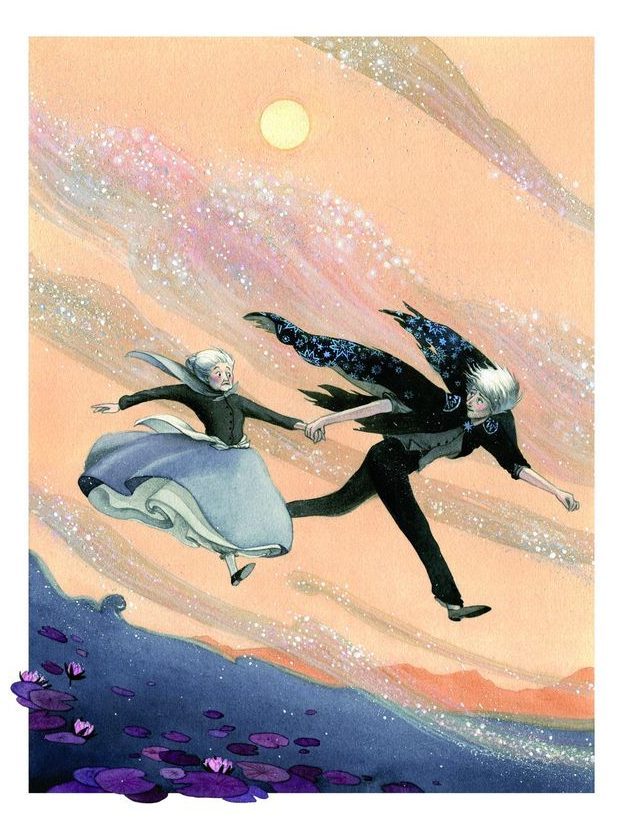By Rhianna Hurren-Myers
It has been almost a month since Grace Millane’s killer was found guilty by a unanimous jury. Over the three-week trial, he had consistently denied murder, claiming she had died “accidentally during sex”. On the night of her death, he had not called the emergency services. Instead, he took photos of her body, went on another date, and then buried her in a suitcase in a shallow grave. Grace was just months into her solo trip around the world after graduating, and went missing a day before her 22nd┬ábirthday.
The emotions around the world after her body had been found were total shock, mirrored by the Prime Minister of New Zealand who gave an emotional apology to Grace’s family once the body was identified to be hers: “Your daughter should have been safe here”, she said in a press conference, holding back tears,┬á”she wasn’t, and I’m sorry for that“.
Jacinda Ardern, the first female leader of New Zealand and the youngest female head of office at the time of her appointment, represents so much about how far the country has come. But Grace’s death will serve as a symbolic reminder of how far we still have to go to ensure women are safe around the world.
For me, this last month has been a period of reflection. How could such a senseless murder like Grace’s could happen in New Zealand? Not only a country close to our own in many ways, but also one that solo female travellers should feel safe to explore and are even actively encouraged to.
In so many ways, the result is as positive as we could have hoped for. This man will now face life behind bars. For me though, the nature of the trial has left me uncomfortable. It feels hideously unfair that we now know everything about Grace, but nothing about him.
We know she was a fan of ’50 shades of Grey’. We know she had previously asked her ex-boyfriend to choke her in bed. We know that her interest in BDSM (Bondage, Domination, and Sadomasochism) was at the ÔÇÿexplorative stage’, based on a statement given at Auckland High Court by a man she had briefly spoken to on a BDSM website.
We do not even know her killer’s name.
Continuously sensationalised by the media, these facts about Grace’s sexual past morphed into her total identity. Not only was she not there to challenge these statements made about her, but the entire defence of the accused was based around them. This is disturbingly similar to the logic of telling a woman who got raped that she deserved it due to the type of underwear she was wearing.
Grace is not the first woman to have her sexual past twisted and manipulated in court to the defendant’s favour. Campaign Activists ÔÇÿWe can’t consent to this’ have identified at least 59 women in the UK who have been killed by men who claim the death was a result of consensual rough sex.
Sally Cavender. Died with a fractured spine, multiple rib injuries and a hypoxic brain injury, with extensive bruising around her eyes, neck and arms. Her partner claimed she died as a result of “vigorous sex”.
Denise Rosser. Murdered by her partner who told police her injuries were from the sex that they had the night before. She had called the police 11 times in 2 years to report domestic abuse.
Laura Huteson. Killed during what the judge described as “bizarre and violent sadomasochistic sexual activity”.
In the last 5 years, the ÔÇÿsex game gone wrong‘ defence has been successful in 9 out of 18 killings that reached trial, with the prosecuted in each case found not guilty or receiving a manslaughter conviction. The problem spreads across the world ÔÇô ÔÇÿWe Can’t Consent to This’ have identified women killed and injured in Germany, Canada, Spain, Portugal, Mexico, Australia, Sweden, the United States. They have not found a single killed or injured man defended on the same grounds.
So long as victims of sexual violence are smeared and discredited because of their past choices and preferences, the more this rough sex defence will be used in court. But it is more than morally wrong to use a woman’s sexual history as a defence, it is also dangerous. For too long women around the world have faced devastating consequences for stepping forward to report their experiences of sexual harassment, rape, and abuse for fear they won’t be believed or will be scrutinised by the media around the world.
None of these women consented to die.
The narrative surrounding women within political or media rhetoric┬áhas┬áto change, we know this, but as stands there are zero policies in place to protect young girls like Grace Millane. Grazia magazine and We Can’t Consent to This are pushing our MPs to change the law surrounding the ÔÇÿrough sex’ defence. Alongside MP Harriet Harman, they are campaigning for a return of the Domestic Abuse Bill, which would not allow a man to claim as a defence that a woman consented to the violence that led to her death. They need our support.
Grace is not here to defend herself, but we are. Sign the petition here.


